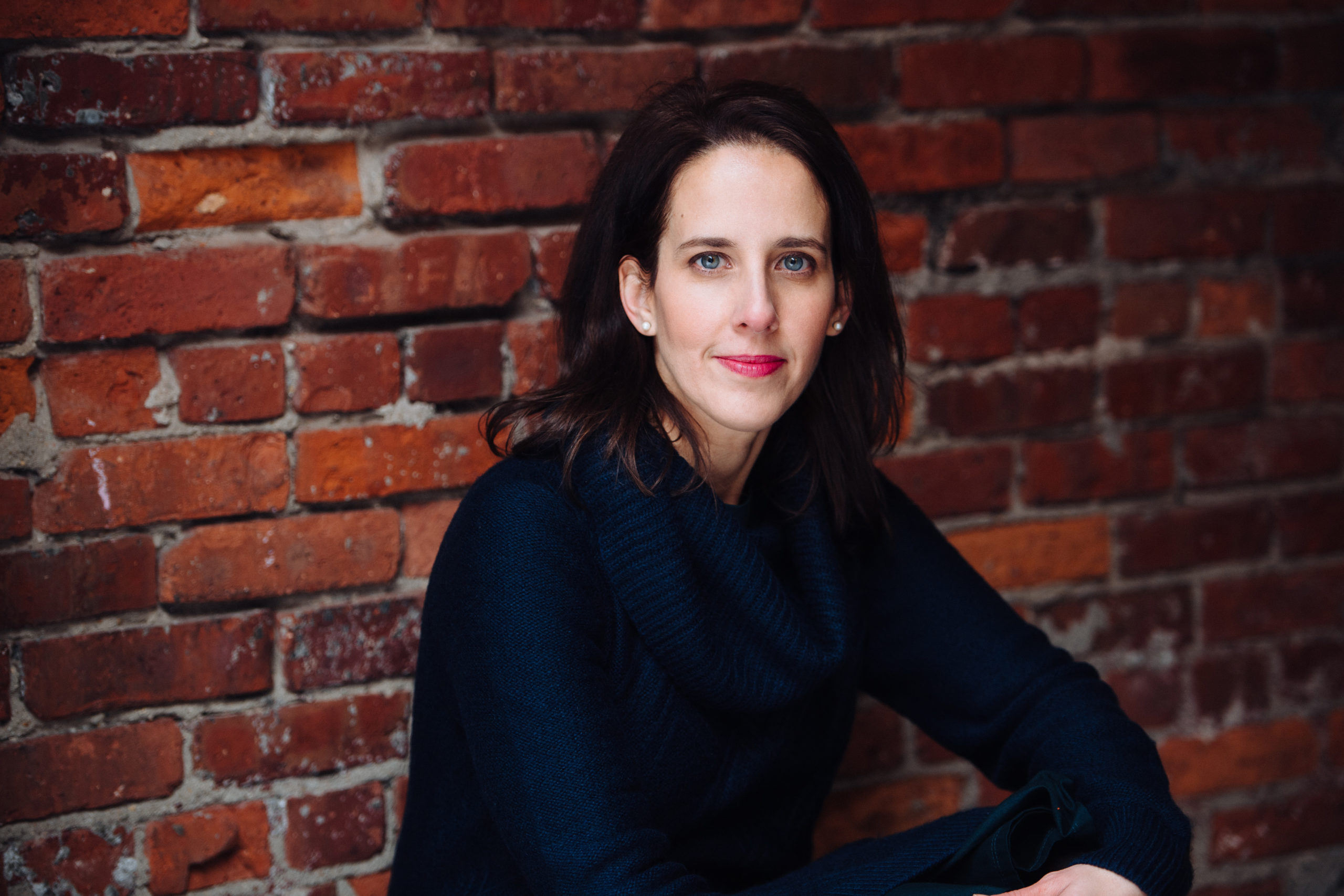In a book I managed to get half-way through before it’s due date- mostly because for some reason I keep taking out five or six books and trying to read them at once- entitled, “Consciousness Beyond Life,” near-death experience findings, particularly in a Dutch study, are cited and examined. This is not the first book I’ve read on the subject since your death. The accounts given of patients who have no brain function explaining how they watched the whole scene from someplace up on the ceiling, are fascinating if nothing else. Little children who have them sometimes return to tell of a brother or sister that greeted them that their parents had never told them they had. People who have been completely blind their entire lives return to describe the sights in the room or the room next door while they were supposedly dead from cardiac arrest.
This time what I found interesting was a chapter entitled “Changed by a Near-Death Experience.” The author cites similar, lasting changes in those who have had the experience as further evidence of its validity.
What are these changes? The person has greater self-acceptance and a changed self-image, and is less dependent on approval from others. There is a hunger for knowledge in theology or philosophical issues. He or she is more compassionate, forgiving, and less critical. They appreciate the simple things in life and have a greater sense of purpose/mission. They no longer fear death because “death turned out to be not dead.” While their religious affiliation declines, their religious sentiment and spirituality increases. There are even physical changes like hypersensitivity to light and sound. One NDE’r writes, “After my NDE I felt like a child learning to walk. The world around me overwhelmed me. I couldn’t find my place in the world. For months I couldn’t bear light and noise, TV and radio, not even music, which I used to love.
Finally, there is something called “enhanced intuitive sensitivity.” This can mean you are “inundated with information from or via another dimension,” or have a “very acute sense of the emotions of others,” or “feel like you can look right through people.”
A part of this includes something called synchronicity. The best way to describe it is the example they give: “Most of us have had the odd sensation of thinking about somebody only to find that when the phone rings it is the person we were thinking of. ” It is “the not strictly causal, or seemingly accidental, concurrence of events.”
I conclude that I myself have had a near-death experience. Understandably, when a loved one dies, one will think about life and death and perhaps become more spiritually-oriented or awakened. But I believe that when you lose a spouse- the person you were one with- you come as close to death as you possibly can- while being alive. Your out of body experience is constant in those early weeks. You see your body, not from the ceiling of a hospital room, but from the long aisle that takes you up the casket where your spouse- part of you- lies. Yes, you do see right through people suddenly. I can remember a friend of mine telling me I’d answered for her thoughts in her mind she’d yet to speak throughout our conversations and she’d thought to herself, “How long will she be like this?” Yes, the world was overwhelming and foreign- a complete sensory overload. No, I no longer fear death.
The widow is the body laying brain dead or in cardiac arrest on the table while they watch the whole horrific scene from somewhere near the ceiling- hovering in the air- bodiless. There are no visions of tunnels or bright lights or dead relatives or Mary or Jesus coming to greet you. There is just the dreaded feel of your love’s hand slipping out of yours and into an unreachable world.




*